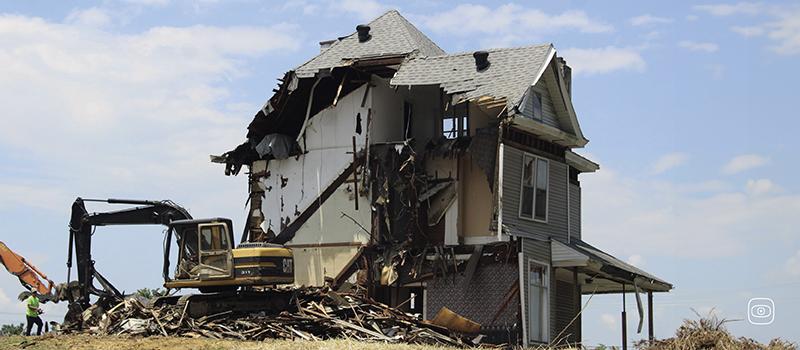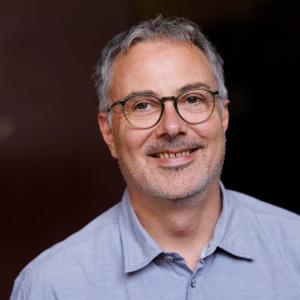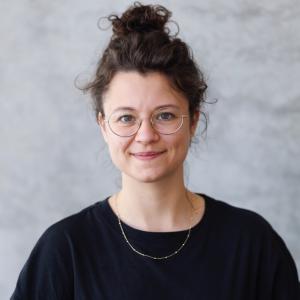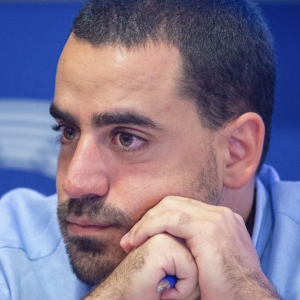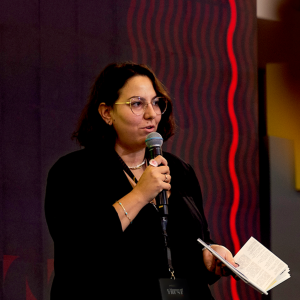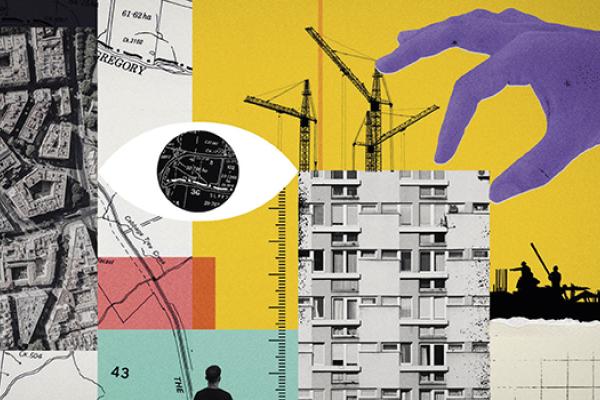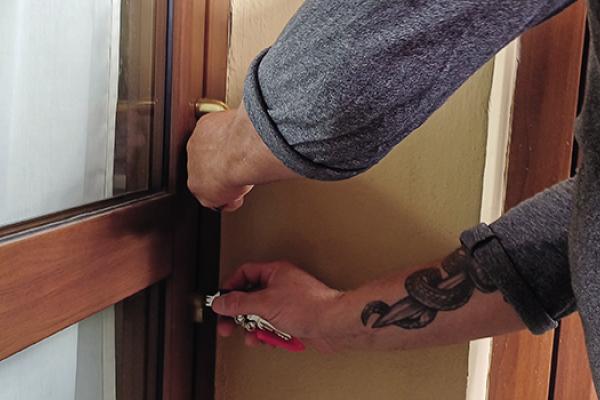Researchers have long criticised the lack of precise and – above all – local figures on building demolitions in most European countries. We intend to close this gap and make visible for the first time the sheer scale of the mass phenomenon of demolitions. With the help of CORRECTIV.Europe’s Demolition Atlas Europe, a constantly growing Europe-wide database is now being created. The Demolition Atlas Europe is based on CORRECTIV’s in-house tool, the CrowdNewsroom: using an interactive map, citizens can enter buildings that are at risk of demolition or have recently been demolished. Using this database, journalists can uncover systematic problems and the true cost of demolitions.
The Demolition Atlas Europe has initially been launched as a collaboration between CORRECTIV and SOLOMON. Demolition Atlas Europe is modelled on the Demolition Atlas that CORRECTIV has already established in Switzerland. Now, we want to collaborate with other editorial teams to increase the visibility of the topic throughout Europe.
Key Findings
- More than a third of all waste in the EU is generated by the construction industry and building demolitions. At the same time, the building sector consumes half of all raw materials.
- Demolition and new builds, especially concrete and steel production, is very energy-intensive and directly contributes to the climate crisis.
- New builds often come with significantly higher rents. This trend accelerates gentrification processes and hinders sustainable urban development.
- A piece of history is lost with every demolished building. In some cases, even listed heritage buildings are demolished.
- There are alternatives to demolitions: studies show that refurbishing existing buildings to make them more energy efficient is often more sustainable and resource-efficient than building new ones.
On the right: Illustration (c) Haley Hamilton
